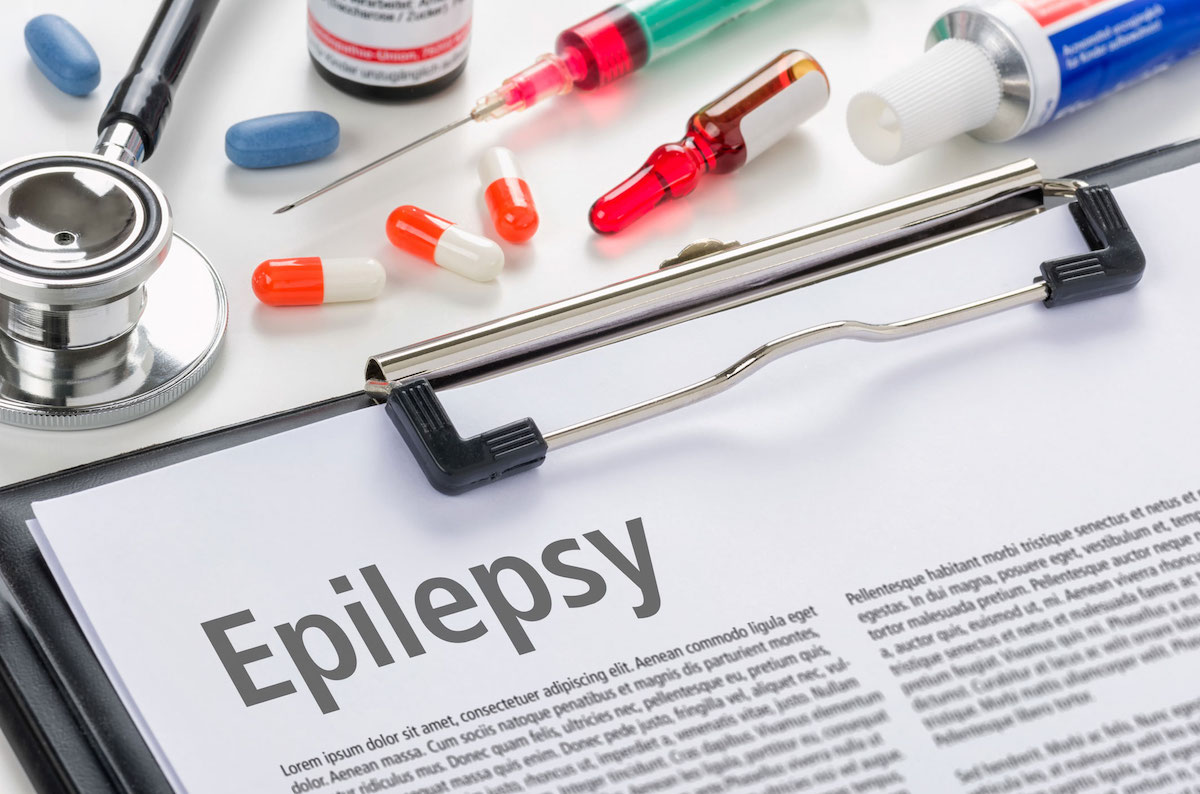<< Back
How Specialty Care Can Lower Risk of Death From Epilepsy

February 24, 2020
Patients getting epilepsy care in a specialty center had a lower chance of death, according to a Canadian study released in the Journal of the American Medical Society Neurology.
Dr. Gabriel Martz, director of The Epilepsy Center at Hartford HealthCare’s Ayer Neuroscience Institute, said in some cases the challenges of the disease can exceed the availability and capability of a single neurologist.
Specialty centers, which include epilepsy specialists called epileptologists such as Dr. Martz, can more adequately address the breadth of the disease by drawing all the resources patients might need together in one place.
“Epilepsy, like many diseases, varies from one individual to another. Many epilepsy patients require more than a single practitioner can provide. With our team approach at the Epilepsy Center, we can care for the physical and emotional needs that stem from an epilepsy diagnosis, in addition to seizures,” Dr. Martz explained.
The comprehensive care provided by a specialty facility such as The Epilepsy Center ensures:
• A more accurate and precise diagnosis.
• Medication optimization to control seizures and reduce any resulting side effects.
• Opportunity for advanced treatments if medications do not work.
• Screening for such behavioral health issues as depression and anxiety that often stem from the epilepsy diagnosis.
• Support from social workers that can help boost patients’ academic and employment success.
These elements can improve an individual’s ability to live a longer and happier life with an epilepsy diagnosis. But, this study also shows there may be a reduction in the risk of death from epilepsy, too.
“The study is well done – the mortality effect is real,” Dr. Martz noted. “They conclude that specialty care is, in fact, associated with lower mortality.”
Standardized mortality in people with epilepsy who didn’t see a neurologist was 9.4 percent, according to the study, which labeled the disease “a major public health threat.” In people seen at an epilepsy center, the standardized mortality was 2.8 percent.
“There is a lot of concern about the potential mortality from epilepsy,” Dr. Martz said. “Patients with epilepsy are at increased risk of cerebrovascular disease, heart disease, pneumonia, traumatic accidents and blood clots. They require broad-based care in an environment that offers multiple services and ongoing monitoring.”
Sudden Unexpected Death from Epilepsy (SUDEP), according to Dr. Martz, is when people die directly because of a seizure. SUDEP is estimated at one in 1,000 people with epilepsy. This is a small portion of people with the disease but since it relates directly to seizures, it is a critical factor.
The Epilepsy Center at the Ayer Neuroscience Institute in Hartford HealthCare offers care for adults with seizures and all forms of epilepsy. Specialists connect patients with whatever medical, surgical or behavioral health options needed to help them live full lives and achieve their goals.
“We draw on the latest diagnostic technology to pinpoint a diagnosis and help patients and their family members adjust physically and emotionally to that diagnosis,” Dr. Martz said.
The Epilepsy Center offers such services as:
• First Seizure Clinic – anyone who has experienced a seizure can get an accurate diagnosis within two weeks of referral.
• Epilepsy Monitoring Unit (EMU) – located in Hartford Hospital, this inpatient unit is where a specialized team uses video monitoring to watch and record a patient’s brainwaves day and night to more accurately diagnose the condition and make the most appropriate treatment recommendations.
• Medication management.
• Refractory epilepsy care – epilepsy is called “refractory” when two or three medications failed to control seizures. The American Academy of Neurology recommends people with this condition be seen at a specialized epilepsy center for advanced, individualized care.
• Surgical intervention – this includes respective brain surgery, laser ablation, placement of stimulator electrodes to stop seizures, deep brain stimulation and vagus nerve stimulation. Most patients never need surgery, but for some it can literally be life-saving.
“Surgical treatment for epilepsy sounds frightening but it can be life-altering for the patient. Imagine your life upended by unpredictable and continuous seizures and then basically restored after such a procedure. The results can be that dramatic,” Dr. Martz said.
For more information about The Epilepsy Center, go to hartfordhealthcare.org/epilepsy.